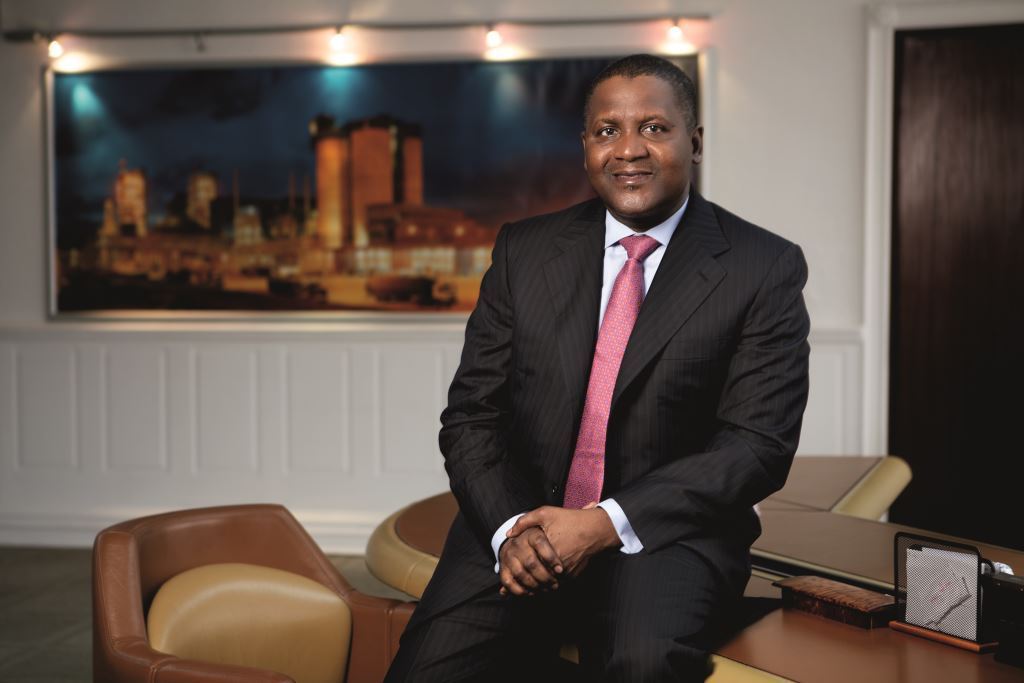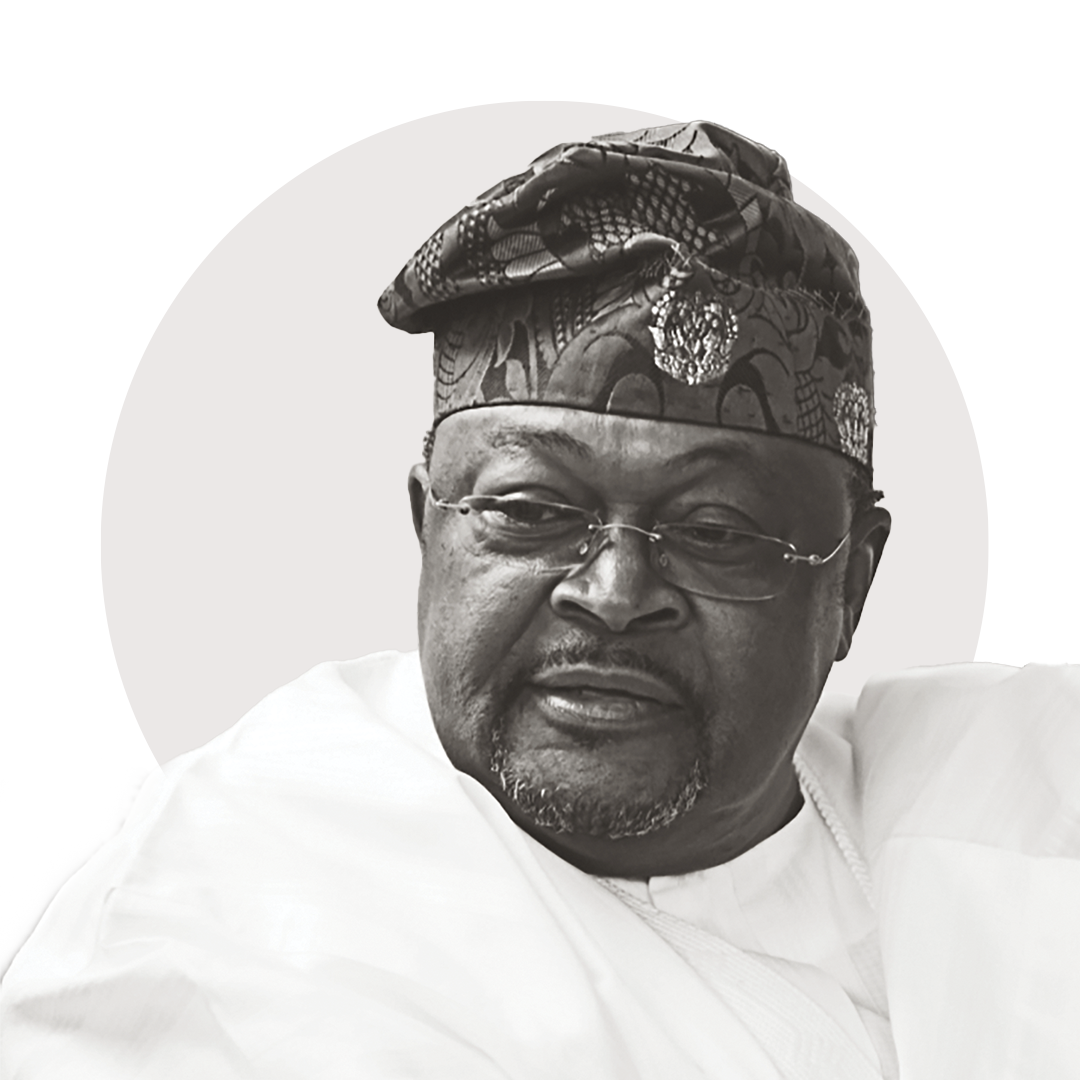In Aliko Dangote’s new book, Dangote’s Ten Commandements on Money: Lessons on How to Make Money from one of the World’s Richest Men, Nigeria’s richest man pays a visit to Kings College, Lagos. While there, signing autographs for a crowd of students, he notices a quiet 12-year-old student called Mike. In a manner reminiscent of Jesus selecting his disciples, Dangote reaches out to the boy and decides to mentor him. Young Mike spends the next four years combining school with keeping up with Dangote’s punishing cross-continental schedule, taking lectures from the billionaire, based on the ten commandments of the book.

That tale, albeit pure fiction, is an attempt to illustrate something that lies at the core of Dangote’s personality: his strikingly unassuming and down-to-earth nature; as well as his commitment to bettering others.
Those privileged enough to meet Dangote like to trade stories of his self-effacing manner: the billionaire walking unaccompanied from his jet into Abuja Airport’s arrival hall or mingling at the exclusive Ikoyi Club in Lagos.
Dangote is something of a folk hero among the powerful of Nigeria. At a recent event in Lagos, a federal minister spoke in awe of the billionaire; describing Dangote as a man who, if woken in the middle of the night, would effortlessly reel off numbers pertaining to his numerous businesses. The lesson there—this is a man not too big for the boring details of his businesses.
Loading...
For a man who runs such a large empire, there is no hint of a harried existence. Newspaper and internet images reflect a man with a shy smile, framed by a trimmed salt-and-pepper beard. More often than not, he is dressed in a suit; a rarity among Nigeria’s billionaire-entrepreneur class, who generally tend to favor national dress over the colonial look. He keeps his family life very private.
Dangote is a football lover, a long-time Arsenal supporter. In 2010, it was whispered that he was considering buying a stake in the London club, but Dangote denied this.

It is tempting to believe that his acquisition, in 2010, of a $45 million Bombardier jet to celebrate his 53rd birthday was less an act of ostentation, more a desire to make his frequent long-haul flights more comfortable.
No doubt, beneath the calm, almost carefree, exterior is a restlessness that drives a relentlessly expansionary business instinct. He has, within the last few years, built the two largest cement plants in Nigeria and is at the moment on a continent-conquering factory construction spree.
Another interest is philanthropy; Dangote is often in the news for doling out sometimes mind-boggling sums of money to governments and charitable causes across Nigeria.
Between September and November 2011 he gave out more than N1 billion ($6.3 million). Six hundred million naira ($4 million) of this went, via the Dangote Foundation, to Nigeria’s north-central state of Kano for its Women Empowerment and Free School Feeding program. Another N500 million went to beneficiaries in at least five states drawn from across Nigeria. In 2011 the Dangote Group donated $6 million to Nigerian universities, as part of its corporate social responsibility initiative.

He has a knack for building close, intensely beneficial relationships with governments, and the ruling party, yet generally stays away from frontline politics. His closeness to former Nigerian president Olusegun Obasanjo brought many benefits his way, including an honor. Dangote stirs up heated debate in Nigeria. To some, he is a cold-blooded capitalist and ruthless monopolist. To others, including most who work on the Nigerian Stock Exchange, he is the best thing ever to happen to the country’s economy. US diplomatic cables, released by Wikileaks, describe him as having “taken on the aura of an economic folk hero for some, villain for others.”
What everyone agrees on is how significant he is to the Nigerian economy. His cement company single-handedly accounts for a third of Nigeria’s stock market capitalization. Last September, Dangote’s name came up in a statement President Goodluck Jonathan made; one that would become famous.

“Aliko Dangote told me that by December 2012, we would be exporting cement here. I am quoting him,” the president said, on national television.
Nigerians on social networking sites quickly adopted “Aliko Dangote told me…” as a catchphrase.
In reality Dangote is a man of few words and has little time for flamboyance but when he does speak, we would be foolish not to listen.
Loading...





















